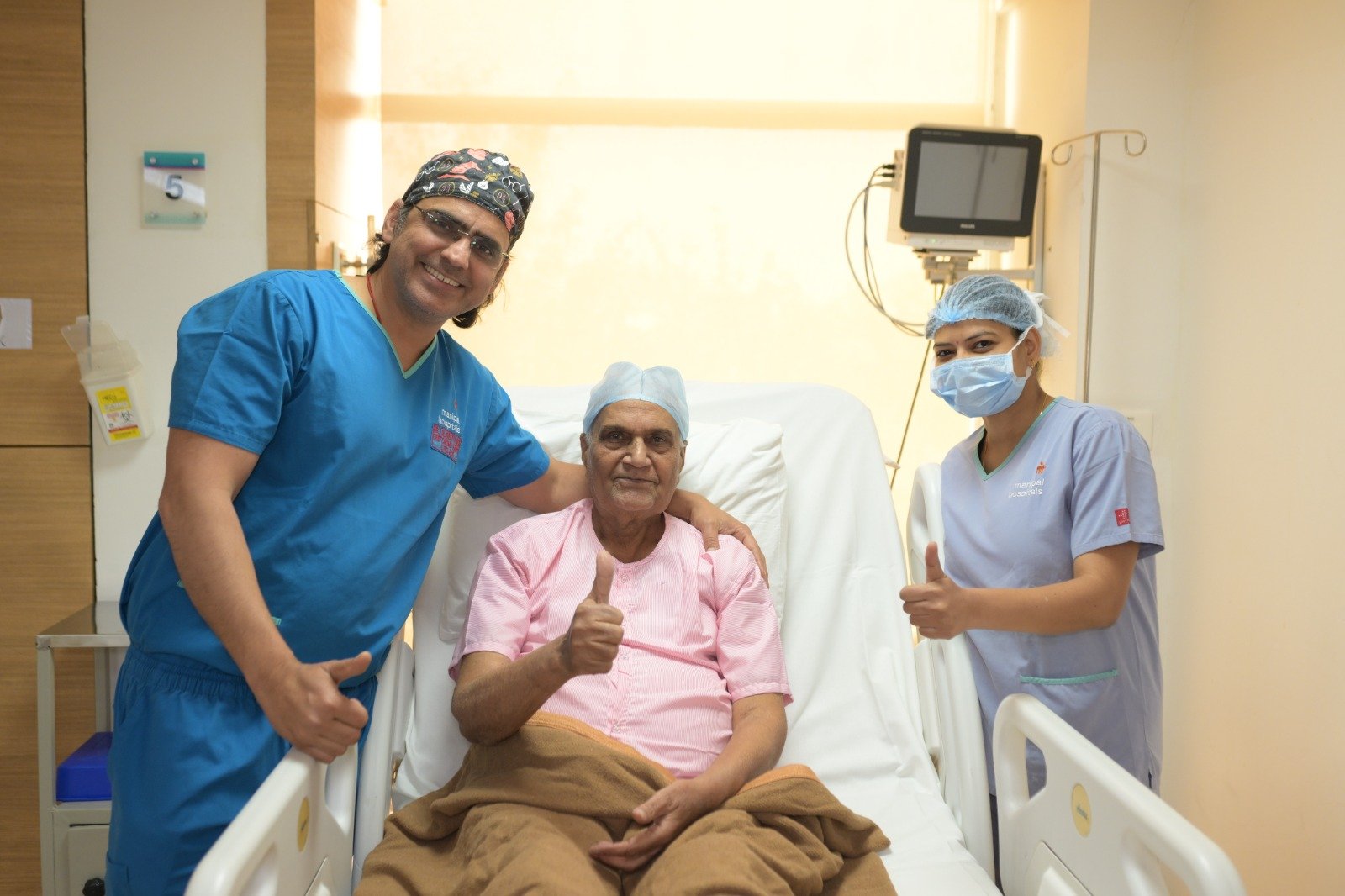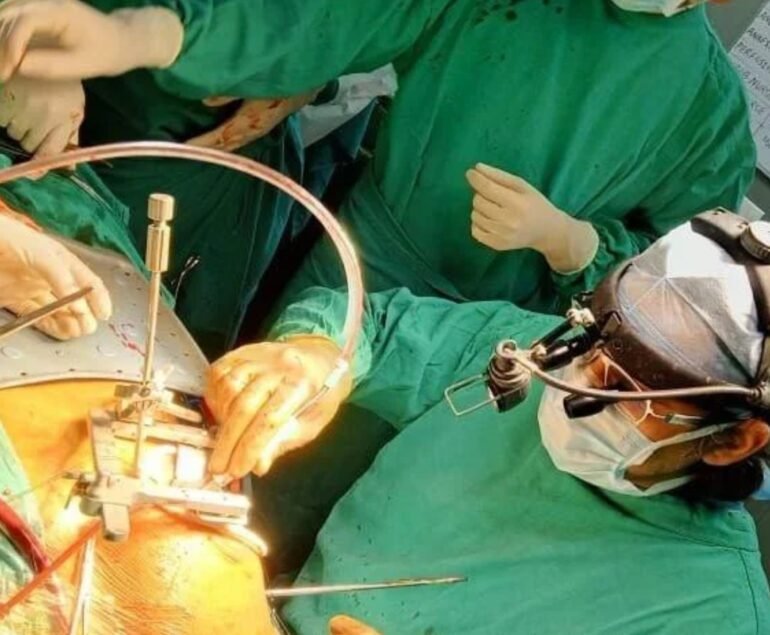When it comes to treating coronary artery disease, patients are often presented with two primary options: angioplasty and bypass surgery. Both procedures aim to restore proper blood flow to the heart, but the approach, recovery time, and suitability for each patient can differ significantly. In this blog, Dr. Lalit Malik, a renowned bypass surgeon in Jaipur, Rajasthan, and India, explains the key differences between angioplasty and bypass surgery, helping you understand which procedure might be the best fit for your heart condition.
What is Angioplasty?
Angioplasty, also known as percutaneous coronary intervention (PCI), is a minimally invasive procedure that involves widening narrowed or blocked coronary arteries. During the procedure, a catheter with a small balloon at its tip is inserted into the artery. Once it reaches the site of the blockage, the balloon is inflated to push the plaque against the artery walls, widening the artery to improve blood flow. In many cases, a stent (a wire mesh tube) is placed to keep the artery open.
Benefits of Angioplasty:
- Minimally invasive, typically requiring only a small incision
- Short recovery time (usually 1-2 days)
- Ideal for patients with mild to moderate blockages
Limitations of Angioplasty:
- May not be suitable for patients with multiple or complex blockages
- Potential need for repeat procedures if blockages reoccur
What is Bypass Surgery?
Bypass surgery, or coronary artery bypass grafting (CABG), is a more extensive procedure where the surgeon creates a new pathway for blood flow around blocked arteries. This is done by grafting a healthy blood vessel, usually from the leg, arm, or chest, onto the blocked coronary artery, allowing blood to bypass the obstruction and flow freely to the heart.
Benefits of Bypass Surgery:
- Effective for patients with multiple or severe blockages
- Provides long-term results, reducing the risk of heart attacks
- Improves quality of life and heart function for high-risk patients
- May be a more comprehensive solution for advanced coronary artery disease
Limitations of Bypass Surgery:
- Open-heart surgery, which is more invasive and requires longer recovery time
- Potential for complications, such as infection, blood clots, or heart rhythm issues
- Recovery time can take several weeks to months, depending on the patient’s health
Angioplasty vs Bypass Surgery: Which is the Right Choice?
Choosing between angioplasty and bypass surgery depends on the severity of the coronary blockages, the patient’s overall health, and specific needs. Angioplasty is often the preferred choice for patients with fewer blockages or those who want a less invasive option with a shorter recovery time. Bypass surgery, on the other hand, is more suitable for patients with multiple blockages or those at higher risk of severe heart complications.
Dr. Lalit Malik, a leading bypass surgeon in Jaipur, Rajasthan, and India, stresses that each case is unique. A thorough evaluation by a heart specialist is necessary to determine the most appropriate treatment option. The decision will be based on factors such as the location and severity of blockages, the patient’s health status, and lifestyle considerations.
Conclusion
Both angioplasty and bypass surgery are effective treatments for coronary artery disease, but each serves a different purpose depending on the patient’s condition. Angioplasty offers a quicker, less invasive option, while bypass surgery is often recommended for more complex or severe blockages. Under the expert care of Dr. Lalit Malik, a highly experienced bypass surgeon in Jaipur, Rajasthan, and India, patients can receive personalized treatment that best suits their heart health needs. Whether you undergo angioplasty or bypass surgery, ensuring you have a skilled surgeon like Dr. Malik is essential for a successful outcome and long-term heart health.



